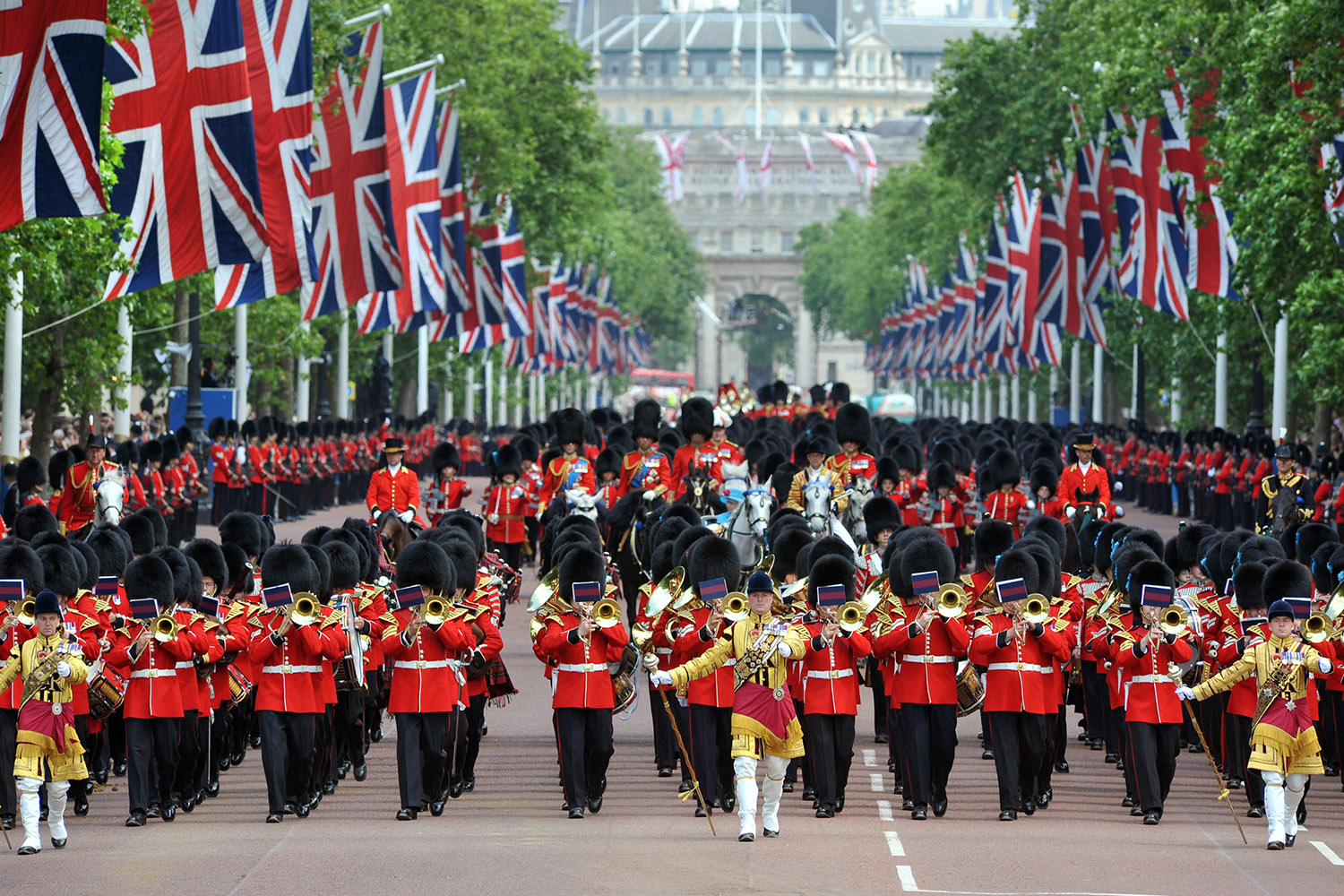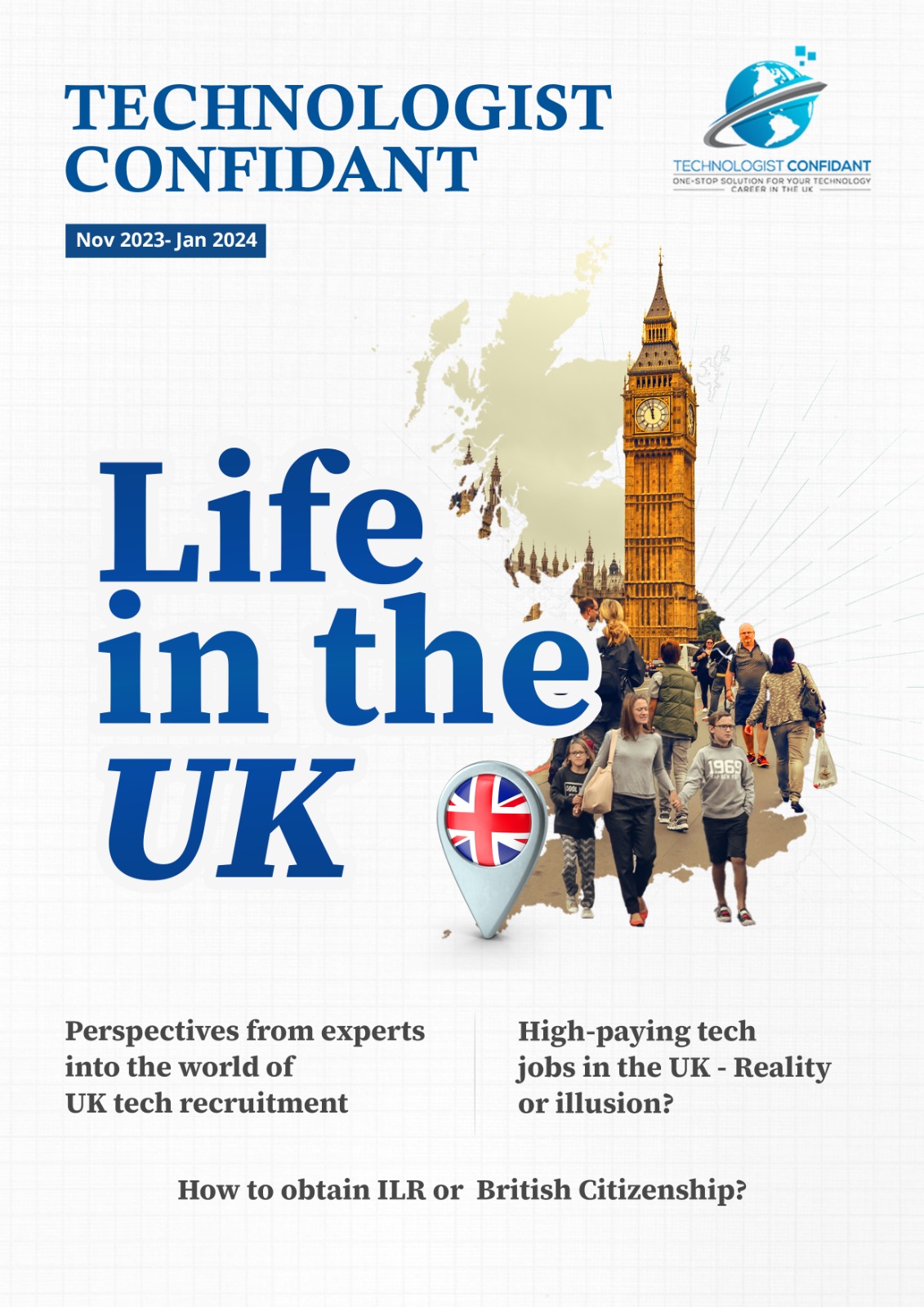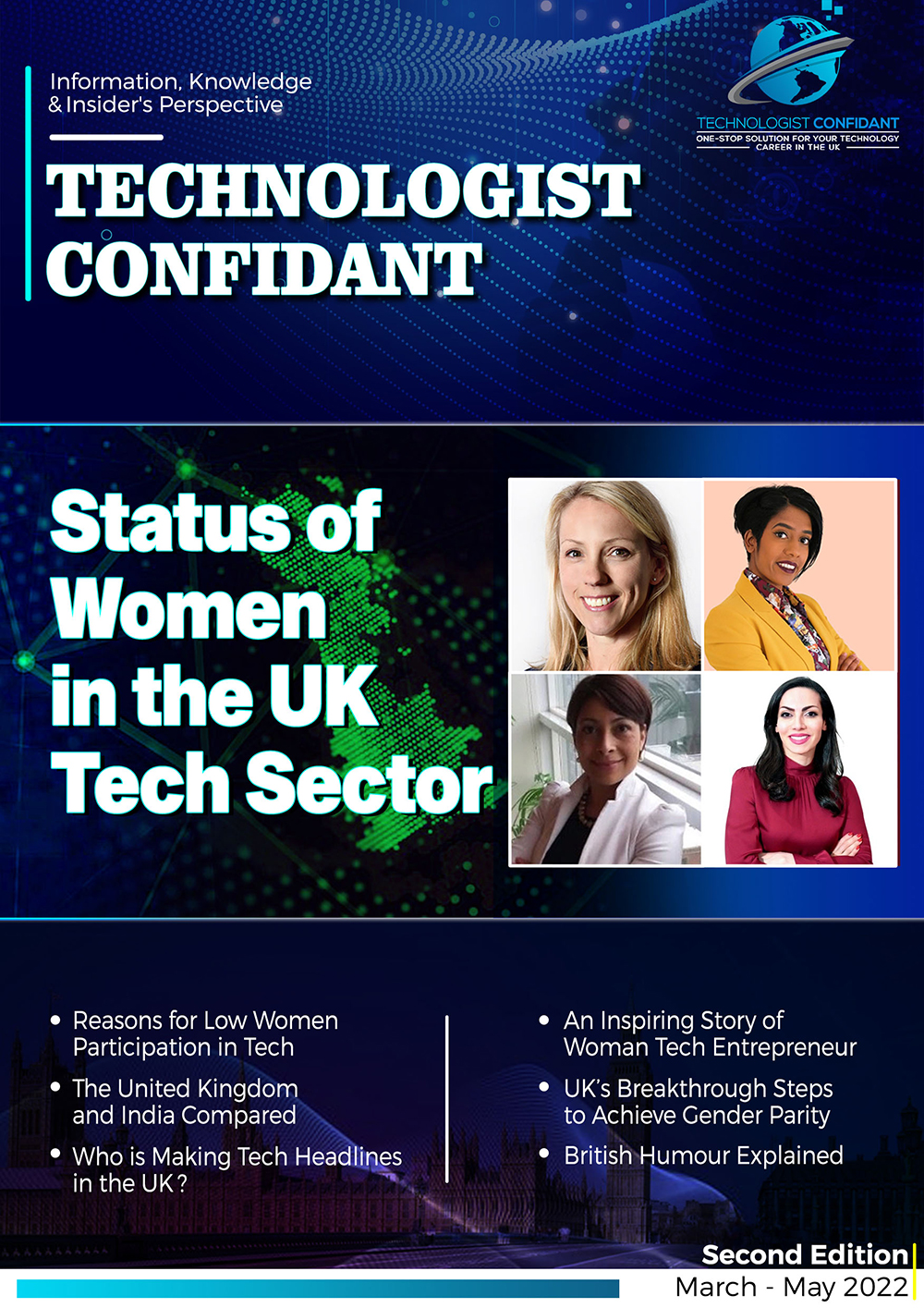Looking into valued rituals and traditions is a wonderful good place to begin when trying to understand the lives of people living in a country. Britain is rich in culture and traditions that date back hundreds of years and are well-known worldwide. People frequently associate Britain with people drinking tea, eating fish and chips, and wearing bowler hats, but there is more to Britain than that.
There are hundreds of fun festivals in the UK that are uniquely British – you won't find them anywhere else. They commemorate the island nation's extraordinary history and folklore in the most unusual ways possible.
Most international professionals in the UK would ask, why is it important to learn about how British people celebrate their festivals? They are here to work.
While there is no simple answer, it is argued that cultural competence is the ability of a person to effectively interact, work, and develop meaningful relationships (personal or professional) with people of various cultural backgrounds. Moreover, the UK welcomes and cherishes a multicultural environment; therefore, understanding its varied traditions is not just important; it also promotes peaceful coexistence.
Here's a compilation of some of the greatest British traditions and festivals celebrated in the United Kingdom.
25th January – Burns’ Night (Scotland)
Robbie Burns, a well-known Scottish poet, is honoured on Burns Night. On Burns Night, folks in Scotland have a special feast. Men wear kilts, and people dance, recite Burn's poems, and eat a supper of haggis (a traditional Scottish delicacy of sheep heart, liver, and lungs) with neeps and tatties (turnips and potatoes).
14th February – Valentine’s Day
Saint Valentine's Day (also known as Valentine's Day) is observed in many nations worldwide, though it is not a public holiday in the majority of them, as it is in England. In the High Middle Ages, when the tradition of courtly love flourished, the day was initially connected with romantic love in Geoffrey Chaucer's company. It grew into an event where lovers acknowledged their love for each other by presenting flowers, offering candy, and sending greeting cards (known as "valentines") in 18th-century England. Today's Valentine's Day symbolism includes the heart-shaped outline, doves, and the image of the flying Cupid. Handwritten greeting cards have risen too much in popularity since the nineteenth century.
February - Pancake Day
Pancake Day (also known as Shrove Tuesday) is the last day before the Christian period known as Lent. Pancakes are traditionally eaten on this day, and lent is a season of fasting and giving up. So Shrove Tuesday is your last chance to splurge and use up the delicacies that aren't permitted during Lent. Pancakes are eaten on this day because they include fat, butter, and eggs, all of which are prohibited during Lent. Shrove Tuesday is observed the day before Ash Wednesday and is thus the final day before the start of Lent, a Christian festival preceding Easter Sunday (Easter Day).
February - The Chinese New Year
The United Kingdom has a sizable Asian community that celebrates Chinese New Year. Every year, the festival takes place in London's Chinatown quarter, with a procession of Chinese food, music, dancing, and stunts. That is the most important Chinese New Year festival outside of China.
1st March - St. David's Day
Wales honours Saint David, its patron saint, on March 1. It is customary to pin a narcissus or leash to a shirt in remembrance of the war against the Saxons, in which the Welsh wore leeks to differentiate themselves from the enemy at David's advice. Some Welsh, primarily children, dress in traditional Welsh costumes.
17th March - St. Patrick's Day
The tradition of St. Patrick's Day has grown in popularity worldwide, yet March 17 remains the most important day for all Irish people. This day commemorates the entrance of Christianity in Ireland and Ireland's and Northern Ireland's general culture and customs. Green, the shape of a clover, is worn and paraded around major cities in Ireland and Northern Ireland on this day. The Gaelic gathering, or ceilidh, is also a daytime custom, and the residents assemble to sing and listen to Gaelic folk music.
1st April – April Fools’ Day
It is permitted – even encouraged! – to play tricks and practical jokes on individuals on April Fools' Day. Even newspapers, TV shows, and radio show frequently carry phoney tales in an attempt to deceive people. Any practical jokes must be played before midday, and if you catch someone out, exclaim, 'April Fools!' 'The joke is on you' after noon.
March to April - Easter
Easter is the most important Christian holiday and is widely observed in the United Kingdom. In England, it is usual for youngsters to hunt for chocolate eggs concealed by the elderly in the home area on Easter Sunday, and they believe that the Easter bunny came and hid the eggs about the house. Simnel cake, a fruit cake topped with layers of marzipan and almonds, is traditionally consumed at Easter. In the United Kingdom, Easter marks the beginning of a week of celebrations for both religious and non-religious people. Palm Sunday, the first day of Holy Week, precedes Easter. This week begins with Good Friday, a public holiday, continues with Easter Sunday and concludes with Easter Monday, a public holiday.
May - Cooper's Hill Cheese Rolling
Cooper's Hill Cheese-Rolling is one of the most distinctively English events on the calendar. It entails chasing after a round of Double Gloucester cheese that has been rolled down a steep hill. It's essentially a downhill race, with the winner receiving a well-travelled cheese. It's much fun to watch because the runners sometimes trip on rocky terrain (though this can sometimes result in serious injuries). This unusual competition has drawn onlookers and even competitors from all over the world, with previous victors hailing from the United States, New Zealand, and Nepal.
Every Spring Bank Holiday Monday of the year, the cheese rolling event occurs. Locals and visitors from all over the world congregate at noon to participate in or watch this sport.
June - The Queen’s Official Birthday
Every year, a military parade and march-past known as Trooping the Colour are held to commemorate Queen Elizabeth II's official birthday (Carrying of the Flag). "The Queen's Birthday Parade" is the official name. Each June, the Queen and other Royal Family members attend the Trooping the Colour ceremony on Horse Guards Parade in London. The Queen attends the ceremony to accept the salute of hundreds of guardsmen who parade the Colour (the flag of their regiment). The Royal Procession arrives at Horseguards Parade just as the clock on the Horse Guards Building strikes eleven, and The Queen takes the Royal Salute. The procession begins with the Observation, with the Queen gently driving down the columns of the eight Guards and then past the Household.
22nd June - Glastonbury Festival
Glastonbury Festival is one of the most well-known music and performing arts festivals globally. Music fans travel to Somerset's spiritual fields to enjoy this festival, which embraces every genre from rock and pop to minimal house, techno, and full-throttle drum 'n' bass. The five-day music, cultural, and art festival has been running for 52 years and is still held virtually every year at the family property. Glastonbury became involved with various causes and organisations in the 1980s, including the Campaign for Nuclear Disarmament, Oxfam, Greenpeace, and WaterAid. Many of the employees are volunteers who labour to collect revenue for the various charities participating in the event. Glastonbury will return this year after a two-year absence due to quarantine regulations and constraints and will take place from June 22 to June 26.
June/ July – Wimbledon
Wimbledon in South West London is the venue of one of four annual Grand Slam tennis championships conducted throughout the world. Wimbledon is associated with inclement weather and strawberries and cream. While few Brits are interested in tennis for the majority of the year, the UK gets tennis wild during the Wimbledon season.
August – Eisteddfod
Wales' most prominent arts and culture festival are the National Eisteddfod. You may listen to Welsh music, see dance and theatre performances, learn Welsh, and experience Welsh food and crafts.
August - Edinburgh Fringe Festival
The Edinburgh International Festival's Fringe began as an alternative to the usual entertainments of the festival. Its immense success resulted in it becoming more significant than the festival it initially skirted and more prominent than any other arts festival globally. Approximately 50,000 performers perform at hundreds of venues throughout the city, displaying modern theatre, comedy, cabaret, dance, magic, and nearly every other type of art you can think of. It is known for its lively bohemian atmosphere that lasts almost the whole month of August.
August - Notting Hill Carnival
This massive street party is a 3-day event with a spectacular display of London's incredible diversity. Notting Hill Carnival has its origins in the carnival traditions of the Caribbean and the social and political conditions of the post-1948 migration of peoples from the Caribbean. But it has since grown to include a diverse spectrum of minority cultures in the United Kingdom. It is one of the largest street parades in the world, with spectacular costumes, vibrant music, and intense dancing. The Notting Hill Carnival takes place on the streets of Notting Hill, London, every late August bank holiday weekend. Over a million tourists visit central London every year because of the incredible atmosphere, so expect the city to be busy.
August - Highland Games
The Highland Games include competitions in almost every activity associated with Scotland. The most renowned of these is the caber toss, similar to the Olympic javelin but uses 79 kilograms of wood. Musical competitions feature the distinctively Scottish massed pipe and drum marching bands and Highland dancing competitions. There are no single Games, such as the Olympics, but rather a series of events held around Scotland over the spring and summer. The largest is the Cowal Highland Gathering in Dunoon, typically held on the last weekend of August.
September - Totally Thames
This festival, which runs throughout September, is a significant celebration of The River Thames! Totally Thames is a month-long celebration that includes races along the river as well as several artistic, cultural, environmental, and sporting events.
31st October - Halloween
Halloween, also known as All Saints' Eve, is a 31st October holiday in various countries that honours religious Saints and the dead. The custom stems from an old Celtic celebration conducted on this day in which people would light bonfires and dress up in costumes to chase away spirits. Later, in the eighth century, Pope Gregory III designated November 1st as Saints' Day. While it remained a religious celebration for many years, it has evolved into a pleasant yet eerie event to celebrate in the last century. Children and young people especially like Halloween and participate in various activities. There are numerous ways to participate in this celebration. On October 31st, most institutions, organisations, and towns in the United Kingdom host Halloween celebrations. If you don't want to dress up, it's usual for theatres to broadcast horror films as an alternative Halloween celebration.
October/ November – Diwali
Diwali (or Deepavali) is the Hindu, Sikh, and Jain cultures' five-day Festival of Lights. Manchester, London, and Leicester all offer spectacular street festivities complete with light displays, lanterns, candles, and fireworks, as well as music, food, and dancing.
5th November - Bonfire Night
The British love of Bonfire Night is now world-famous. The celebration takes place on November 5 each year to commemorate the failure of religious fanatic Guy Fawkes to blow up Parliament and customarily involves the burning of an effigy of the unlucky bomber. Nowhere in the UK does this more dramatically than Lewes in East Sussex, which adds street parades, rolling blazing tar barrels around the streets, and huge bonfires on the outskirts of town, all capped off with a spectacular fireworks display. It's a little town with a big event, so expect a crowd on the narrow streets. If you want to celebrate Bonfire Night, you can go to organised outdoor gatherings with bonfires and fireworks displays in cities and public spaces. Make sure to dress warmly because November evenings in the UK are usually chilly!
11th November - Remembrance Day
The British commemorate the military casualties of World War I and World War II on Remembrance Day. 11:11 At 11 o'clock, two minutes of silence are customarily observed because a truce was in effect in the United Kingdom in 1918. This day is also commemorated on the Sunday closest to this day. Because poppies blossomed across the front lines throughout the war, this flower has become a symbol of Remembrance Day, and you will see its pattern everywhere you look.
30th November – St Andrew’s Day (Scotland)
Scotland's official national day is St. Andrew's Day. The Scottish Parliament declared St Andrew's Day an official bank holiday in 2006. It is also a Romanian national holiday. St Andrew's Day is celebrated in Scotland and many other nations with Scottish connections with traditional Scottish food, music, and dance.
November /December – Hanukkah
Hanukkah (Chanukah), the Festival of Lights, is observed by Jewish communities throughout the United Kingdom. In Trafalgar Square, London, a massive menorah is lit with candles for the Menorah lighting ritual. It is Europe's largest event of its sort.
25th and 26th December Christmas and Boxing Day
Christmas is an annual Christian event held on December 25th to commemorate the birth of Jesus. This holiday, however, is observed by both religious and non-religious individuals across the country. Although Christmas Day is the main celebration, British people also celebrate Christmas Eve on December 24th and Boxing Day on December 26th. This festival is related to a variety of British Christmas traditions. People eat turkey, set up stockings and decorations, pull crackers, eat mince pies, exchange gifts, and even watch the Queen broadcast a speech on Christmas Day. If this is something you want to do, there are lots of opportunities in the UK. Many taverns and restaurants provide traditional Christmas dinners. Furthermore, many cities host a Christmas market in December where you may sample mulled wine and shop for gifts. It really is a lovely time of year!
What makes the second day of Christmas distinctive for the British is the celebration of Boxing Day. Boxing Day is a bank holiday in the United Kingdom. The origin of its name is unknown, but the most popular belief is that it is derived from the English term for a Christmas gift - a Christmas box. On this day, individuals rest, visit with family and relatives and attend sporting and entertainment events.
31st December - Hogmanay/ New Year's Eve
Celebrating the New Year is popular all throughout the world, but in Scotland, this time is known as Hogmanay. Hogmanay is essentially merely the last day of the year; however, the festivities in Edinburgh and other major Scottish cities continue until January 2nd. Hogmanay begins on December 30th with a torchlight procession through the streets. Concerts, fireworks, and partying are typical on December 31st worldwide, and daring Scots assemble in Queensferry (part of Edinburgh) on New Year's Day to jump into the freezing river — the so-called Loony Dook.
Working in the United Kingdom is a rewarding experience; you will not only broaden your talents, but you will also learn about British culture, celebrate British traditions, and create experiences that will last a lifetime.






